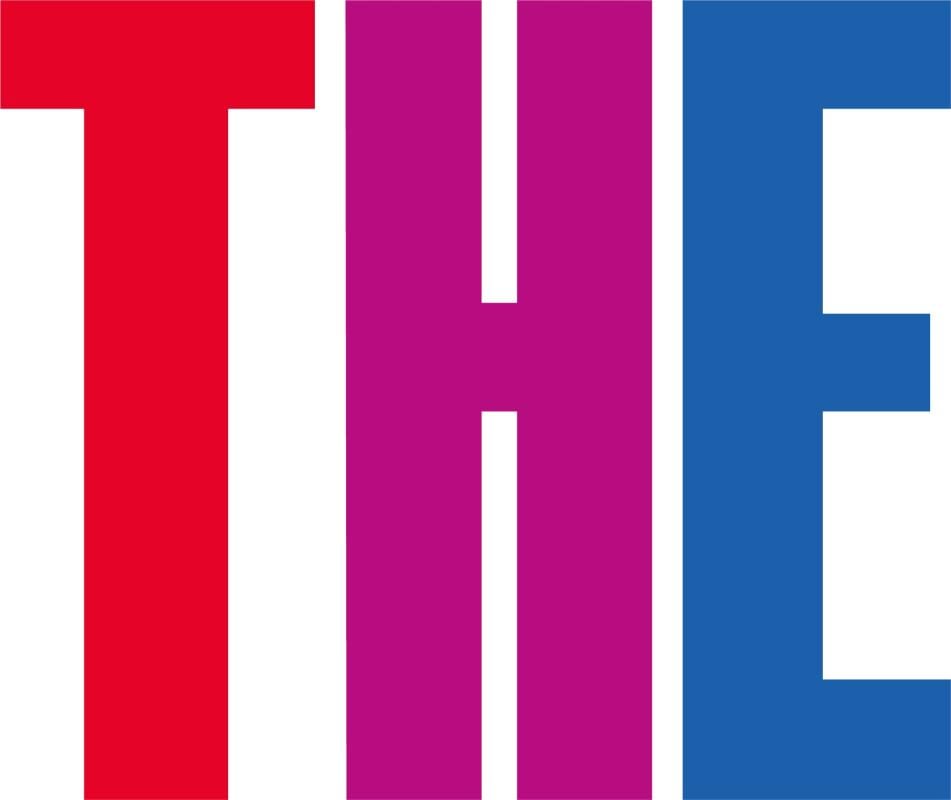
Asian research powerhouses will introduce open-access mandates within the next “two to three” years, experts have predicted, in the wake of last month’s landmark order by the Biden administration.
 Under the U.S. decision, the published results of federally funded research must be made immediately and freely available to readers, starting in 2025. This follows the introduction of similar rules across Europe and Britain, spearheaded by the Plan S initiative.
Under the U.S. decision, the published results of federally funded research must be made immediately and freely available to readers, starting in 2025. This follows the introduction of similar rules across Europe and Britain, spearheaded by the Plan S initiative.
Home to four of the top 10 research-producing countries—China, Japan, South Korea and India—Asia now appears poised to become the next battleground.
“For the first time, there is a real prospect of global alignment around the same principles of immediate open access without embargo,” said Johan Rooryck, executive director of the Coalition S group of funders behind Plan S.
“For some time now, I think many of the larger research countries in Asia had been watching each other to see who would make the first move and were waiting for the U.S. to position itself. Now that has happened, I expect alignment within two to three years.”
Larger countries in the region “should be able to move to OA relatively fast, especially if they applied rights retention, allowing researchers to keep the rights to their work and deposit accepted manuscripts into institutional or national archives,” Rooryck said.
The “gold” open-access publishing route, under which journals charge a fee to make the version of record freely available online, “might be trickier” because the fees could prove “prohibitive” for Asian budgets, he continued.
Even without national mandates, some Asian sectors have gradually been embracing open-access publishing. Three key Chinese-sector organizations—the National Science Library, the National Science and Technology Library, and the Natural Science Foundation of China—expressed support for Plan S’s goals in 2018. Meanwhile, Japanese universities have struck a series of deals with publishers that include open-access options.
Miho Funamori, strategy manager at the Research Center for Open Science and Data Platform at Japan’s National Institute of Informatics, expected that the nation—which trails only the U.S. in its number of research repositories—would mandate immediate open access “in the next few years.”
“With more than 800 institutional repositories now … these should be leveraged,” she said.
Funamori said that a failure to follow suit would risk the country’s academics falling behind their U.S. counterparts, who will soon have a leg up, as studies have shown that open content is more highly read and cited.
But she expressed doubt that academics could be convinced to put their work in repositories, with many still unaware of the meaning of open access.
“Japan has not adopted Plan S because funding agencies in Japan do not want to be dictating to researchers what they should do,” she said.
Asian mandates could “catalyze a change in the publishing culture worldwide,” said Cable Green, director of open knowledge at Creative Commons, a nonprofit group that issues licenses helping creators reuse content, and Monica Granados, manager of its Open Climate Change campaign.
But they cautioned that impacts may vary across systems.
“We don’t fully understand how the differences in culture and in tenure and promotion at different educational institutions will play into this. In China, for example, researchers often receive bonuses when they publish in Cell, Nature or Science. These kinds of incentives often slow down shifts to open access,” they said.
from Inside Higher Ed | News https://ift.tt/suKwCky


No comments:
Post a Comment